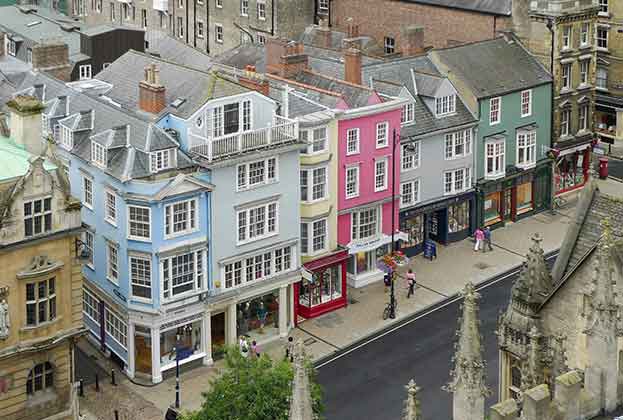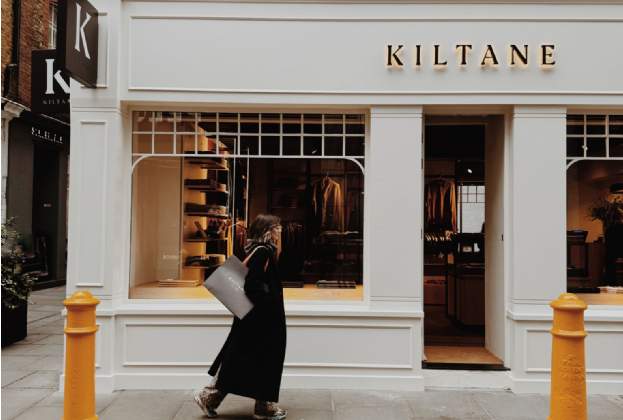The Spring Budget saw the Chancellor announce relief for all retail and hospitality properties with a rateable value below £51,000. This was in the form of rates exemption for the 2020/21 rate year, but relief would be capped by European State Aid Limits, which restrict the amount an organisation could receive to €200,000 over a three-year period.
In response to the economic impact of Covid-19, the Chancellor took this one step further on March 17 by announcing that all retail and hospitality properties in England (Scotland and Wales still are still to be decided), regardless of size, would receive this 12-month exemption from rates, as well as a £25,000 grant for properties with a rateable value below £51,000. It's a considerable move, but not without restrictions. So what real impact will it have?
Extended Retail Relief
What we know:
• The relief will apply to occupied properties only. There is no additional relief offered to landlords of vacant properties.
• A list of property types will be published shortly that will define what is or isn’t included in this exemption.
What we don’t know:
• Whether European State Aid limits will apply. The European Commission has proposed to increase the cap to €500,000 over three years. However, the proposed scheme has also been sent to the European Commission by the Government with a request that it be exempt from the State Aid limits. At the time of writing, we don’t know the outcome of this.
• Whether the relief will be granted automatically, if it will need to be claimed or if any declaration will need to be signed to confirm eligibility to it.
Empty Property Relief
At the moment, if a business occupier decides to close a property during the current challenging times, the ability to claim empty relief (three months for empty shops or offices or six months for empty warehouse/industrials) will depend on the circumstances and the attitude of the Local Billing Authority. However:
• If stock remains within a shop or a warehouse, documents remain within an office or staff continue to occupy a property, relief may not apply.
• If a property is compelled to close, there may be an argument for claiming relief on the basis that occupation is prohibited by law. However, given that we are in unprecedented times, we will need to see how that compulsion is effected, and there could still be a counter argument that the properties are continuing to be used beneficially by storing goods or documents within them.
• If a retail unit is closed and fully vacated, it would be eligible for three months' relief from rates under the empty property regulations, but it would not then be eligible for the extended retail relief.
Material Changes of Circumstances (MCC)
Properties that are adversely affected by external factors could be eligible for some temporary relief. If, for example, a property continues to trade but those all around it are vacant clearly the level of footfall will reduce substantially.
However, the Valuation Office has already issued a warning to say that an MCC must be physically manifested and that a drop in footfall is not physical. Unless this guidance is changed, it is likely that arguments will have to be made that the presence of vacant and shuttered adjoining properties does constitute a physical change.
The position is fast moving and the coming months will be challenging. The question regarding relief for other sectors such as offices and industrial is one that will become more prominent as businesses and society adapt to the constantly changing implications of managing the COVID-19 spread.
Further information

.jpg)







.jpg)
